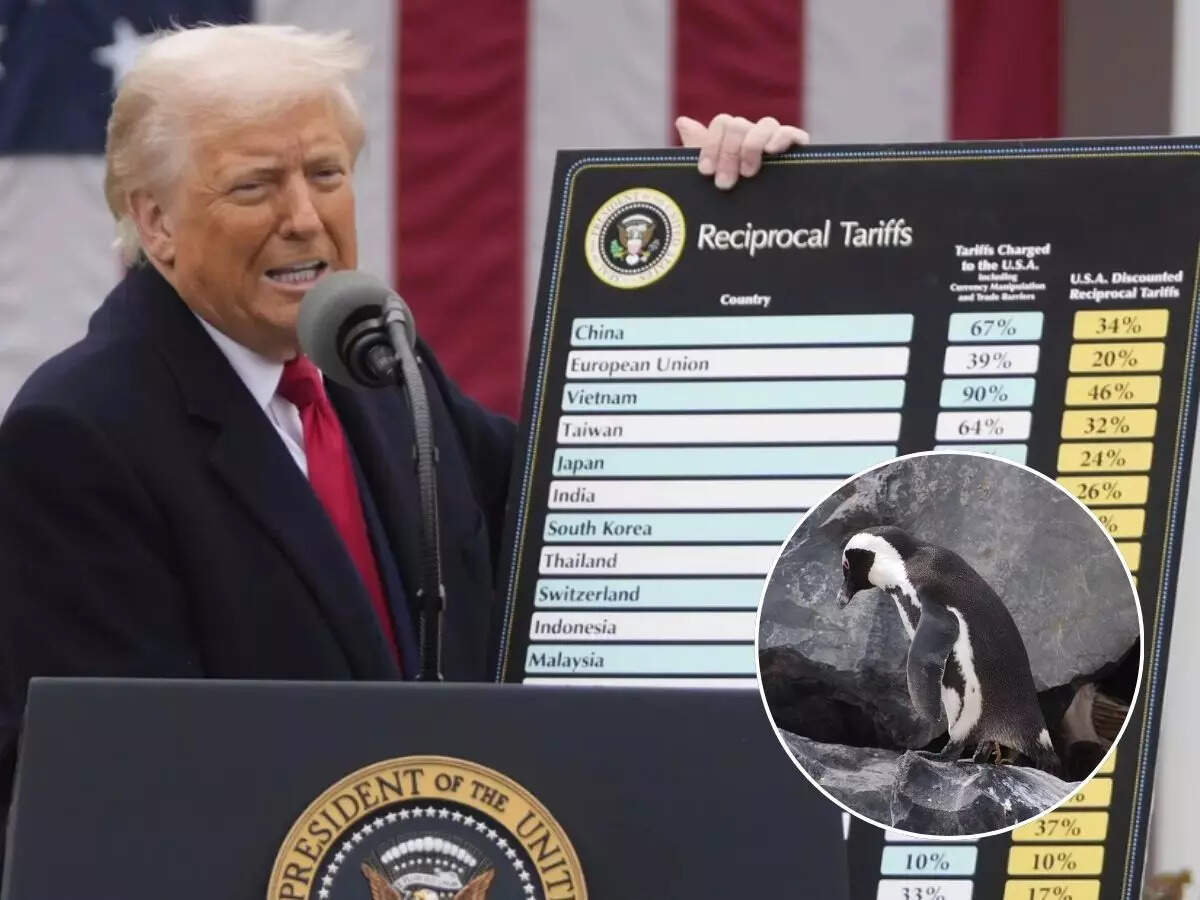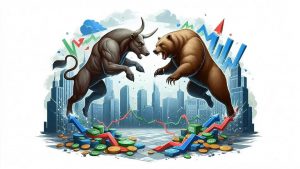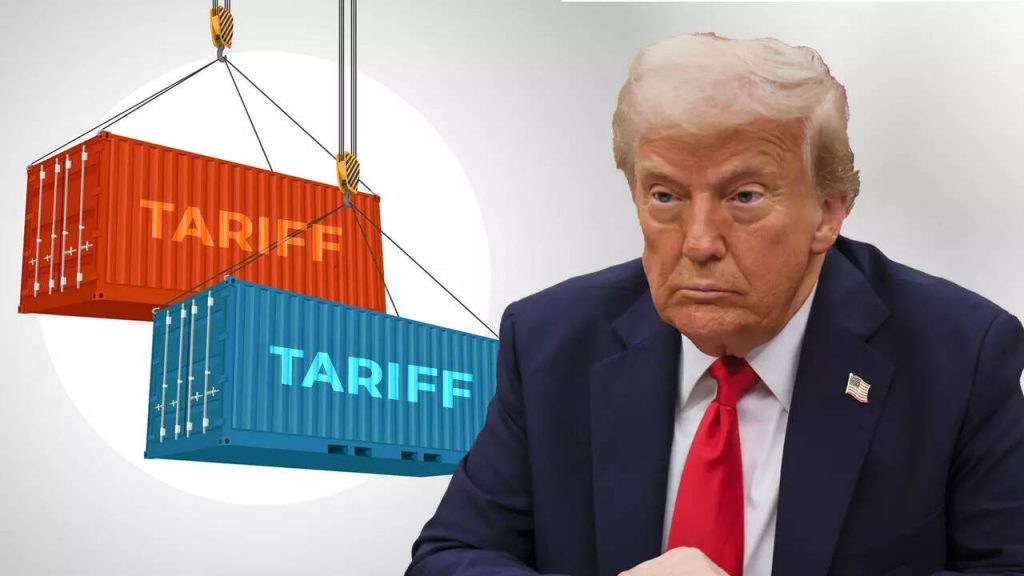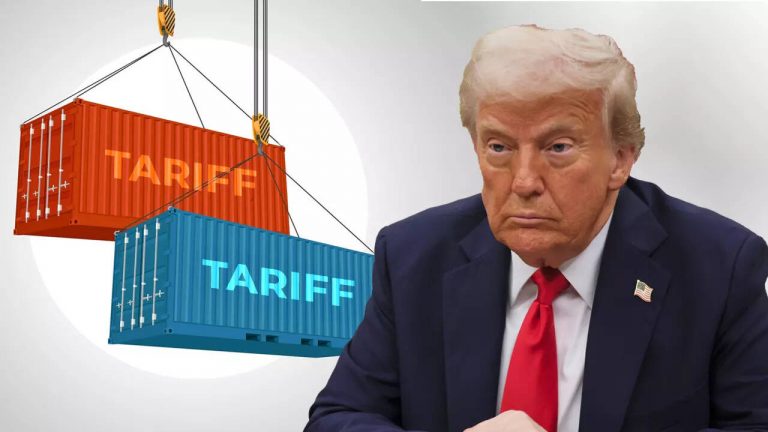In a move that has sent shockwaves through global markets, US President Donald Trump has implemented new “reciprocal” tariffs on Chinese goods, now set at a staggering 104%. This aggressive tariff strategy, which began with levies on products related to fentanyl and has since escalated with retaliatory actions, has not only disrupted trade relations but has also heightened fears of a global recession. The impact of these tariffs has been swift and severe, with stock markets experiencing sharp declines in response to the escalating trade tensions. As the world braces for the full effects of this trade war, experts predict that consumer prices are likely to rise as a result of the increased tariffs. Trump’s protectionist measures have sparked concerns among economists and policymakers alike, with many warning of the potential long-term consequences of this trade dispute. The ongoing trade war between the US and China continues to evolve, with both countries showing no signs of backing down from their respective positions. The future implications of this trade conflict remain uncertain, but one thing is clear – the global economy is facing a period of heightened instability as a result of these escalating tariffs and trade tensions.

Posted in
JUST IN
Trump’s 104% tariffs on Chinese goods escalate global trade war, send markets plunging, and raise recession concerns.
In Trend

India, US Pursue Bilateral Trade Pact for Economic Growth, Target $500 Billion Trade by 2030, Aligning with Viksit Bharat 2047.



















